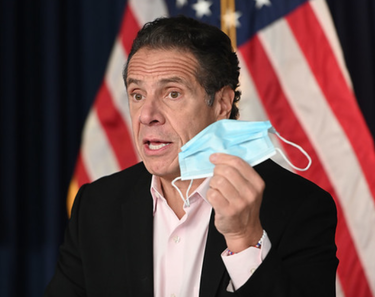Governor signs ban on burning AFF into law
Today, Governor Andrew Cuomo finally signed into law a ban tailored specifically to keep Norlite, in Cohoes, from burning fire-fighting foams — aqueous film-forming foam, known as AFF.
The foam contains PFAS which can cause health problems.
PFAS can accumulate and stay in the human body for long periods of time, according to the Environmental Protection Agency, and there is evidence that exposure to PFAS can lead to adverse health outcomes in humans, including low infant birth weights, effects on the immune system, cancer, and thyroid hormone disruption.
Months ago, both the Assembly and the Senate unanimously passed a bill that would prohibit Norlite from burning the toxic firefighting foam. The Senate’s bill was sponsored by Neil Breslin and the Assembly’s bill by John MacDonald.
The Norlite incinerator is next to a public-housing complex. The new law prohibits incineration of AFFF in a city with an environmental justice area designated by the state’s Department of Environmental Conservation and a population between 16,000 and 17,000 — a precise description of Cohoes.
An environmental justice area is a census block group where 20 percent or more people live in poverty, and/or 30 percent or more of the population is minority.
Although the federal Department of Defense had cancelled its five-year contract with Norlite to burn the toxic foam, other private parties could have sent material there in the future.
Activists advocated for the law. One of them, Judith Enck, a former regional director of the EPA, told The Enterprise in June that the DEC hadn’t been doing its job. “When we blew the whistle in February,” said Enck about the toxic foam being burned at Norlite, the DEC said it would work with Norlite to develop and test a burn protocol. “You’re supposed to do that before you burn a new wastestream,” said Enck.



